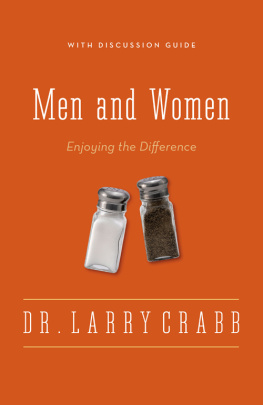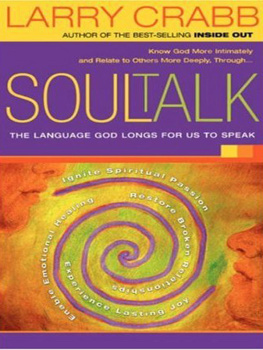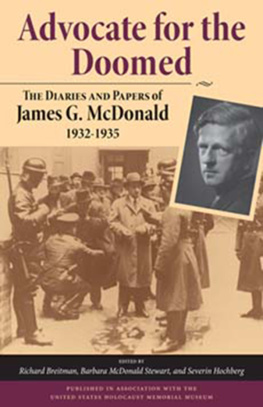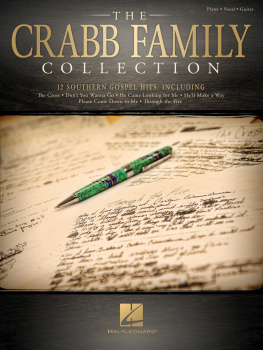Transcribed from the 1831 edition by David Price, email ccx074@pglaf.org
THE GIPSIES ADVOCATE;
or ,
OBSERVATIONS
on the
ORIGIN, CHARACTER, MANNERS, AND HABITS
of
The English Gipsies:
to which are added ,
many interesting anecdotes ,
on the
SUCCESS THAT HAS ATTENDED THE PLANS OF SEVERAL
BENEVOLENT INDIVIDUALS, WHO ANXIOUSLY
DESIRE THEIR CONVERSION TO GOD.
BY JAMES CRABB,
author of the penitent magdalen .
The Son of Man is come to seek and to save that which is lost.
Let that mind be in you which was in Christ Jesus.
LONDON:
seeley , fleet street ; westley and davis , ave-maria-lane ; hatchard , piccadilly ; lindsay and co. , south street , andrew street , edinburgh ; collins , glasgow ; wakeman , dublin , wilson and son , york .
1831.
baker and son , printers , southampton .
to
THE JUDGES, MAGISTRATES,
and
Ministers of Christ,
as the
ORGANS OF PUBLIC JUSTICE, AND REVEALED TRUTH,
THE GIPSIES ADVOCATE
is most
RESPECTFULLY AND SINCERELY DEDICATED
by
THE AUTHOR.
PREFACE.
The Author of the following pages has been urged by numerous friends, and more particularly by his own conscience, to present to the Christian Public a brief account of the people called Gipsies, now wandering in Britain. This, to many readers, may appear inexpedient; as Grellman and Hoyland have written largely on this neglected part of the human family. But it should be recollected, that there are thousands of respectable and intelligent christians, who never have read, and never may read either of the above authors. The writer of the present work is partly indebted for the sympathies he feels, and which he wishes to awaken in others toward these miserable wanderers, to various authors who have written on them, but more particularly to Grellman and Hoyland, who, in addition to the facts which came under their own immediate notice, have published the observations of travellers and others interested in the history of this people. A list of these authors may be seen in the Appendix.
But his knowledge of this people does not entirely depend on the testimony of others, having had the opportunity of closely examining for himself their habits and character in familiar visits to their tents, and by allowing his door to be free of access to all those encamped near Southampton, when they have needed his help and advice. Thus has he gained a general knowledge of their vicious habits, their comparative virtues, and their unhappy modes of life, which he hopes the following pages will fully prove, and be the means of placing their character in the light of truth, and of correcting various mistakes respecting them, which have given rise to many unjust and injurious prejudices against them.
The Author could have enlarged the present work very considerably, had he detailed all the facts with which he is well acquainted.
His object, however, was to furnish a work which should be concise and cheap, that he might be the means of exciting among his countrymen an energetic benevolence toward this despised people; for it cannot be denied that many thousands of them have never given the condition of the Gipsies a single thought.
Such a work is now presented to the public. Whether the author has succeeded, will be best known to those persons who have the most correct and extensive information relative to the unhappy race in question. Should he be the honoured instrument of exciting in any breasts the same feelings of pity, mercy, love and zeal for these poor English heathens, as is felt and carried into useful plans for the heathens abroad, by christians of all denominations; he will then be certain that, by the blessing of the Redeemer, the confidence of the Gipsies will be gained,and, that they will be led to that Saviour, who has said, Whosoever cometh unto me, I will in no wise casthim out.
CHAP. I. On the Origin of the Gipsies.
Of the Origin of these wanderers of the human race, the learned are not agreed; for we have no authentic records of their first emigrations. Some suppose them to be the descendants of Israel, and many others, that they are of Egyptian origin. But the evidence adduced in confirmation of these opinions appears very inconclusive. We cannot discover more than fifty Hebrew words in the language they speak, and they have not a ceremony peculiar to the Hebrew nation. They have not a word of Coptic, and but few of Persian derivation. And they are deemed as strangers in Egypt at the present time. They are now found in many countries of Europe, Asia, and Africa, in all of which they speak a language peculiar to themselves. On the continent of America alone are there none of them found. Grellman informs us that there were great numbers in Lorraine, and that they dwelt in its forests, before the French Revolution of 1790. He supposes that there are no less than 700,000 in the world, and that the greatest numbers are found in Europe. Throughout the countries they inhabit, they have kept themselves a distinct race of people in every possible way.
They never visit the Norman Isles; and it is said by the natives of Ireland, that their numbers are small in that country. Hoyland informs us, that many counties in Scotland are free of them, while they wander about in other districts of that country, as in England. He has also informed us, sec. 6, of a colony which resides during the winter months at Kirk Yetholm in the county of Roxburgh.
Sir Thomas Brown, in his work entitled Vulgar Errors , says, that they were seen first in Germany, in the year 1409. In 1418, they were found in Switzerland; and in 1422, in Italy. They appeared in France, on the 17th August, 1427. It is remarkable that, when they first came into Europe, they were black, and that the women were still blacker than the men. From Grellman we learn, that in Hungary, there are 50,000; in Spain, 60,000; and that they are innumerable in Constantinople.
It appears from the statute of the 22nd of Henry VIII, made against this people, that they must at that time have been in England some years, and must have increased much in number, and in crime. In the 27th of that reign, a law was made against the importation of such persons, subjecting the importer to 40l penalty. In that reign also they were considered so dangerous to the morals and comfort of the country, that many of them were sent back to Calais. Yet in the reign of Elizabeth, they were estimated at 10,000.
Dr Walsh says, that the Gipsies in Turkey, like the Jews, are distinguishable by indelible personal marks, dark eyes, brown complexion, and black hair; and by unalterable moral qualities, an aversion to labour, and a propensity to petty thefts.
The celebrated traveller, Dr Daniel Clarke, speaks of great numbers of Gipsies in Persia, who are much encouraged by the Tartars. Formerly, and particularly on the Continent, they had their counts, lords, and dukes; but these were titles without either power or riches.
The English Gipsies were formerly accustomed to denominate an aged man and woman among them, as their king and queen; but this is a political distinction which has not been recognized by them for many years.
If we suppose the Gipsies to have been heathens before they came into this country, their separation from pagan degradation and cruelty, has been attended with many advantages to themselves. They have seen neither the superstitions of idolatry, nor the unnatural cruelties of heathenism. They are not destitute of those sympathies and attachments which would adorn the most polished circles. In demonstration of this, we have only to make ourselves acquainted with the fervour and tenderness of their conjugal, parental, and filial sensibilities,and the great care they take of all who are aged, infirm, and blind, among them. Were these highly interesting qualities sanctified by pure religion, they would exhibit much of the beauty and loveliness of the christian character. I am aware that an opinion is general, that they are cruel to their children; but it may be questioned if ebullitions of passion are more frequent among them, in reference to their children, than among other classes of society; and when these ebullitions, which are not lasting, are overtheir conduct toward their children is most affectionate. The attachment of Gipsy children to their parents is equally vivid and admirable; it grows with their years, and strengthens even as their connections increase. And indeed the affection that sisters and brothers have one for the other is very great. A short time since, the little sister of a Gipsy youth seventeen years of age, was taken ill with a fever, when his mindbecame exceedingly distressed, and he gave way to excessive grief and weeping.













